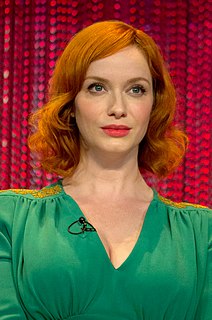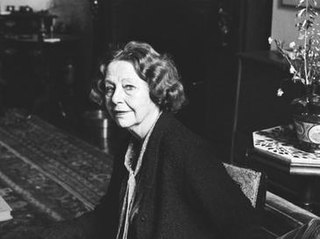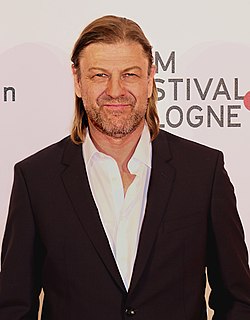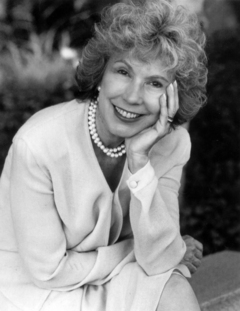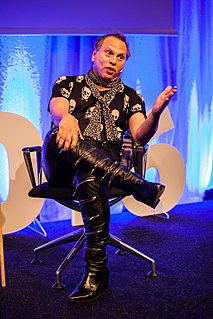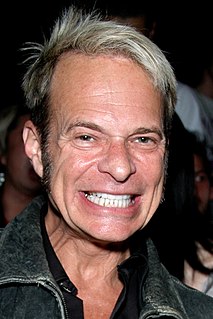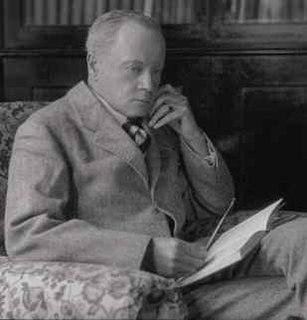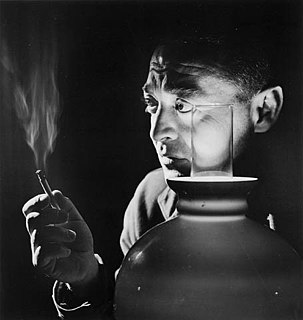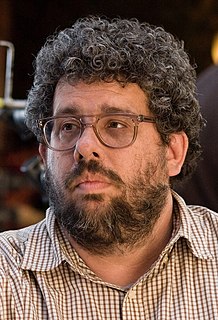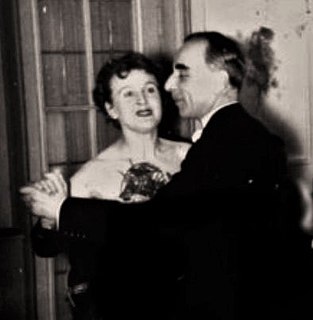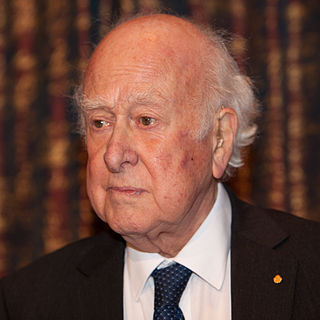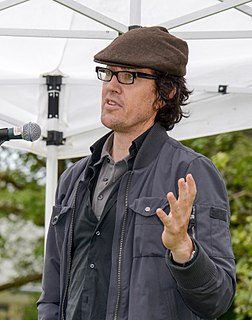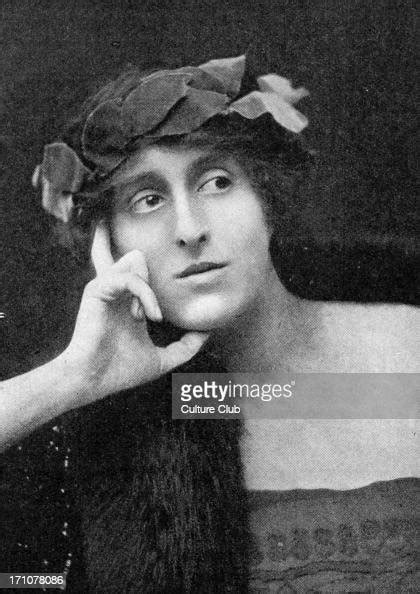Top 1200 Letters To The Editor Quotes & Sayings - Page 3
Explore popular Letters To The Editor quotes.
Last updated on April 20, 2025.
I want my thoughts to be an incentive for the reader to give his or her own thoughts. After I wrote 'Proust and the Squid,' I received truly hundreds of letters - I'm still receiving them - and the letters that I wrote back helped me formulate my thinking around things I know are important to others.
... letters freeze time for us, eternalizing shared experiences so we can go back and draw strength from them. Letters are like deposits in a secret bank that can be withdrawn when they are needed. And as we look back in love, we appreciate anew the thought and time that was taken to express those feelings.
I've read some of Kurt Vonnegut letters from when he was young. He was a prisoner of war, and even when he was in his early twenties, there were things mentioned that showed up in his novels. One of the sweetest things in those letters was him wanting to be a writer but doubting himself, not having confidence in himself.
There are only so many letters in the alphabet. When I talk to young musicians or authors and they ask for advice, I say, 'You gotta learn all the letters of your own personal alphabet. With music, you need to know all the different kinds of music and everything in and around your given instrument.'
I was once referred to in a Kirkus review as a "northern Michigan version of Andre Dubus." My editor called me after the review came out and asked if I was okay with that. What part? I wondered. Finding myself in the same sentence with Andre Dubus? What could be better than that? Or perhaps - and more likely, my editor meant being pigeonholed as a writer of this remote region "mostly ignored by the rest of the world," as Jim Harrison says.
It is not quite true that there are no good letters written in America: among my own circle of correspondents there, there are ladies and gentlemen whose letters would stand a comparison with any for frankness, grace, and epistolary beauty of every kind. But I am not aware of any medium between this excellence and the boarding-school insignificance which characterizes the rest.
Every first-rate editor I have ever heard of reads, edits and rewrites every word that goes into his publication.... Good editors are not 'permissive'; they do not let their colleagues do 'their thing'; they make sure that everybody does the 'paper's thing.' A good, let alone a great editor is an obsessive autocrat with a whim of iron, who rewrites and rewrites, cuts and slashes, until every piece is exactly the way he thinks it should have been done.
I think Eleanor Roosevelt always had a most incredible comfort writing letters. I mean, she was in the habit of writing letters. And that's where she allowed her fantasies to flourish. That's where she allowed her emotions to really evolve. And that's where she allowed herself to express herself really fully, and sometimes whimsically, very often romantically. And it really starts with her letters to her father, who is lifelong her primary love.
The most famous self-made man in the world today is our own Edison. Talk with Mr. Edison and he will tell you he owes much if not most of his success to omnivorous reading. Forbes is one of his favorite publications. How closely he reads it can be gathered from a letter just received from him in which he asks the editor to forward a long analytical letter to the writer of a series of articles which contained two figures Mr. Edison questions, and he wants to know exactly on what authority or investigation they were based. Both letters were the product of Mr. Edison and were signed by him.
It is important to have a woman editor. Movie is an industry where it is predominantly women. Male editors might cut out pauses that are interesting, while a woman might not be afraid of that pause. Trying to do a movie with an editor who is not funny is impossible. There are certain talents that go with certain genders.
First Lieutenant Jimmy Cross carried letters from a girl named Martha, a junior at Mount Sebastian College in New Jersey. They were not love letters, but Lieutenant Cross was hoping, so he kept them folded in plastic at the bottom of his rusack. In the late afternoon, after a day's march, he would dig his foxhole, wash his hands under a canteen, unwrap the letters, hold them with the tips of his fingers, and spend the last hour of light pretending.
Every day is still exciting. I have like a very good system worked out with my editor. Some directors are in there every day, sitting there in the room with the editor. I lose perspective incredibly quickly, and so what I do is I watch...I come in the room and give very specific notes and then I go back to my house or in my office and I watch the dailies.
I once had an editor advise me, as I was revising one of my early novels, to add more characters. I played around with the idea. As soon as I'd decided a few fresh faces and give them something to do, I realized that what my editor had really asked for was more plot. Ding. More characters equals more action.
In terms of my career, it began in earnest when I was living in Boston. I started doing my own films, working initially as an editor and editing assistant - briefly - at WGBH, as an editor on other people's movies, trying to get some experience under my belt, but eventually just doing my own short films, doing them my way.
Education is like a diamond with many facets: It includes the basic mastery of numbers and letters that give us access to the treasury of human knowledge, accumulated and refined through the ages; it includes technical and vocational training as well as instruction in science, higher mathematics, and humane letters.
I was always looking for the most dramatic emphasis. One example would be the letter writing, or the reading of the letters. If you remember from the book, they find the letters and then in the most undramatic way they take them downstairs, they get approval, they sit at a table during the day with their own author, across from each other.
A well-known magazine asks a man how they should refer to him, as Psychologist X, as Author X? He suggests man of letters, for that is what he is, in the eighteenth-century meaning. But they can't buy that because the word doesn't exist in Time-style; he cannot be that, and presumably the old function of letters cannot exist.
[Mary Wortley Montagu] wrote more letters, with fewer punctuation marks, than any Englishwoman of her day; and her nephew, the fourth Baron Rokeby, nearly blinded himself in deciphering the two volumes of undated correspondence which were printed in 1810. Two more followed in 1813, after which the gallant Baron either died at his post or was smitten with despair; for sixty-eight cases of letters lay undisturbed ... 'Les morts n'écrivent point,' said Madame de Maintenon hopefully; but of what benefit is this inactivity, when we still continue to receive their letters?
In the First World War, people would be receiving letters from loved ones who had been dead for weeks, and they would not know until that black-bordered telegram arrived. I remember, of course, when it was letters only, or the telephone, and you did not make expensive long-distance calls unless it was, "Come home to the funeral," or the like.
Bob Wallace was my editor at Rolling Stone when I first started writing there, and he's a wonderful editor. I was in the Philippines during the Marcos overthrow, and I was up on what was called Smokey Mountain. I think it's gone now, but it was a garbage dump with a bunch of people living on it. I was talking to Bob on the phone, and I told him, "I'm a humorist. I can't write about this." And Bob told me to let my style be dictated by the subject, to take what I saw and write about it in the tone that it requires.
Before I wrote my first novel, 'The Expats,' I spent nearly two decades at various arms of publishing houses such as Random House, Workman, and HarperCollins, mostly as an acquisitions editor. But a more accurate title for that job might be rejection editor: while I acquired maybe a dozen projects per year, I'd reject hundreds upon hundreds.
That name was a kind of joke, and not a very good one. An author, Leon Lederman, wanted to call it 'that goddamn particle' because it was clear it was going to be a tough job finding it experimentally. His editor wouldn't have that, and he said 'okay, call it the God particle', and the editor accepted it. I don't think he should've have done, because it's so misleading.
I think a lot of people have the idea of an editor being someone who comes in like a dictator, and says, "You can't have that scene." And it never is like that - or perhaps some editors are like that and they're assholes, and they're not good editors. A good editor actually says, "I respect you" and they understand that you have a vision and they're actually trying to help you realize it.
I wish I had [letters], can you imagine their value, and I don't mean merely financially. I am sure they were accidentally destroyed or that Schaub found them and destroyed them. [Adolf] Hitler didn't want those letters read by anyone but Eva [Braun] and had made that point clear in the course of the years.
We found letters at the house we bought from a sailor to his wife who lived in the house. He went down to the Caribbean on this trader vessel, bringing down salted fish. There would be handwritten letters, but also telegrams, saying which ports he was in. And he'd be gone for three months. That was just the way it is.
There is something intrinsically wrong about letters. For one thing they are not instantaneous. ... Nor is this the only trouble about letters. They do not arrive often enough. A letter which has been passionately awaited should be immediately supplemented by another one, to counteract the feeling of flatness that comes upon us when the agonizing delights of anticipation have been replaced by the colder flood of fulfilment.
We have only to see a few letters of the alphabet spelling our name in the sand to recognize at once the work of an intelligent agent. How much more likely, then is the existence of an intelligent Creator behind human DNA, the colossal biological database that contains no fewer than 3.5 billion "letters the longest "word" yet discovered?"

